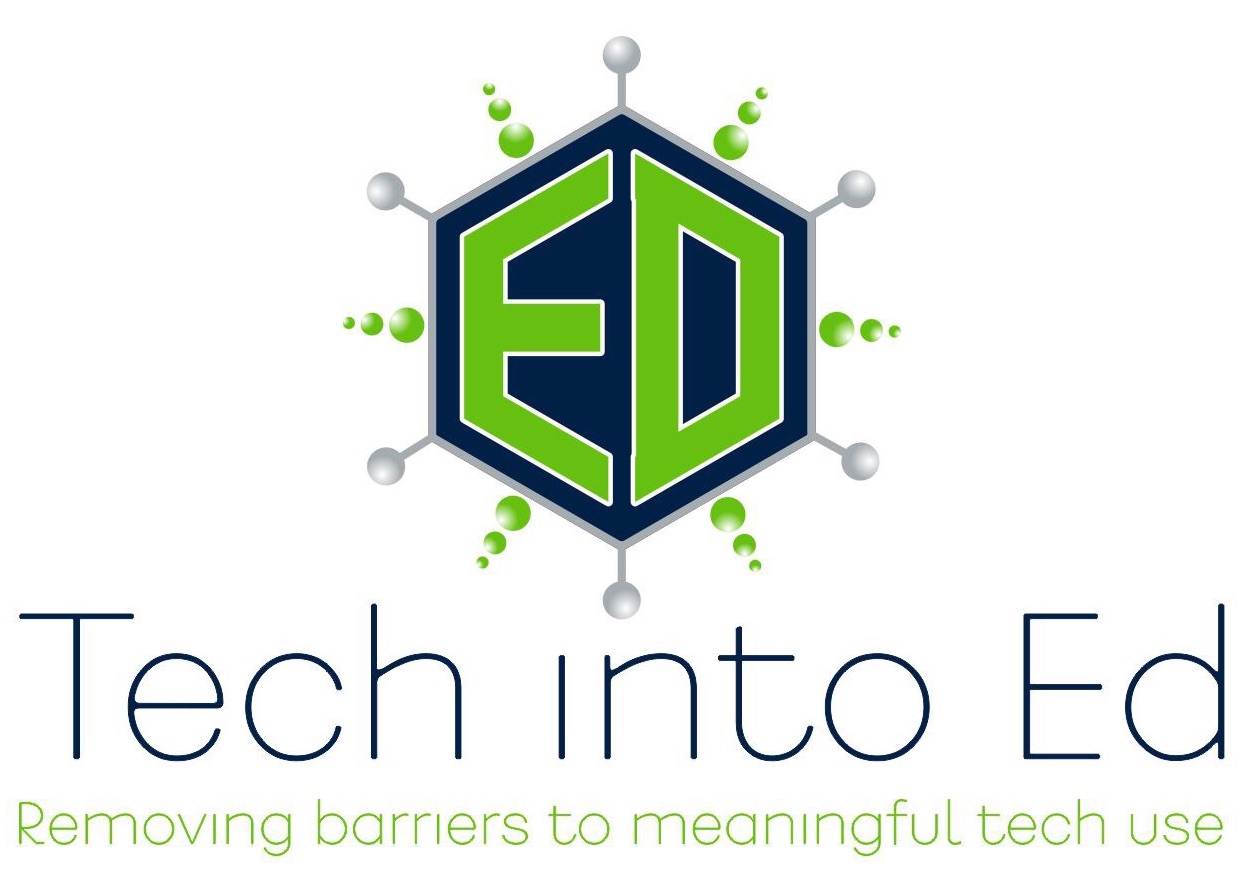Social Research Project - Project from a STEM School
One of our favorite things to do is to demonstrate the real work of our staff and students to provide an outlet for student publishing, but also to serve as a model for reflection related to the skills demonstrated and the learning opportunities presented.
In this post, we have some special guest posters for this blog. Special thanks to Mikayla P. and Jayden R., 7th grade students for their work and reflection, and to their teacher, Tina K. for providing the opportunity for students.
Project background from the teacher:
This project is called the Facebook Page Design Brief. Students, paired in groups of two or three, are to choose one of the candidates (president or vice-president) to create a Facebook page for. The page must encompass who they are. This is a project with specific criteria to follow, and a template formula is provided to jump start research and the project framing properly.
See the Students' Submitted Project:
Student Reflection on the Work (in the students' words):
What did you learn? (Social studies, writing, & 21st century skills)
"We learned about the candidates and their lifestyle around politics. The facts we
found about the different candidates were very intriguing. It was interesting to learn that
they do things just like “normal citizens” do in their life. As writers, we learned how to
combine several facts into organized paragraphs and sections of the project. We looked
at several websites, and learned that one resource is not always the best way to go.
Jayden and I made sure to find the most reliable sources and base our information off of
those. As twenty first century students, we learned to problem solve along the way, and
the first idea doesn’t always work out."
What process did you go through as a learner? (21st century skills)
"We went through many steps through our few days of working on this project. The
first step we went through was collaborating among ourselves to come up with initial
ideas on how to put our page together. The next step in our process was to split the
work load up between the two of us. For example, one person found facts for one
section, and the other found pictures for that part of the project. Next, was to actually
find the information. For some facts and information, we found that as researchers,
we had to dig deeper to find information. Most of it wasn’t just on the first link when
we searched on Google. After we found the facts, we jotted main ideas down in our
notes, instead of long sentences. Next, we had to piece all of the information together
to form paragraphs. Instead of just plopping random facts on the project, we wanted to
make sure the sentences flowed easily and the information was organized. Finally, after
organizing the paragraphs on the page, we revised each part of the project. We wanted
to make sure the project looked neat, and not just random pictures and paragraphs
randomly put on the project."
Should school challenge you in this way?
"Both of us think that school should challenge you to dig deeper when displaying
your information. Instead of just writing down notes and answering questions, we think
school should encourage you to display your knowledge in an interesting, fun way. We
know that when we finish a project, we feel proud about our project, and what we did. It
is a fun way to share what you know. Projects also are more intriguing to the audience
instead of just facts."
